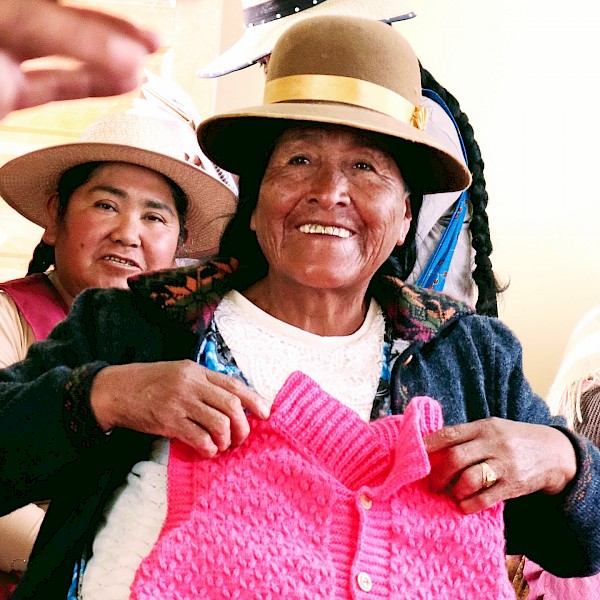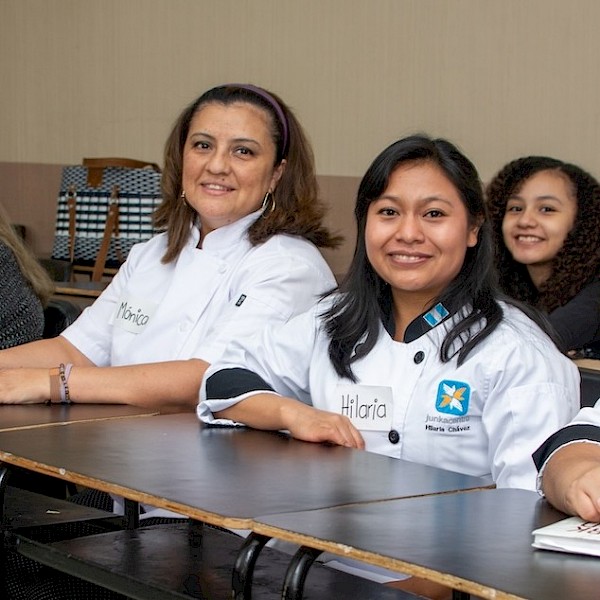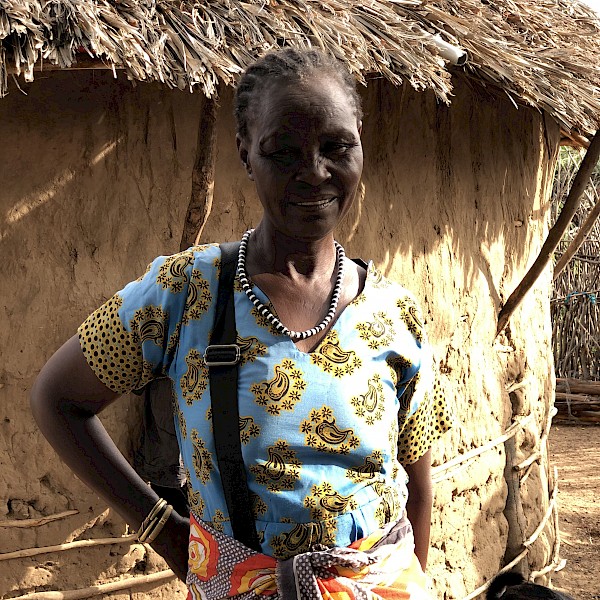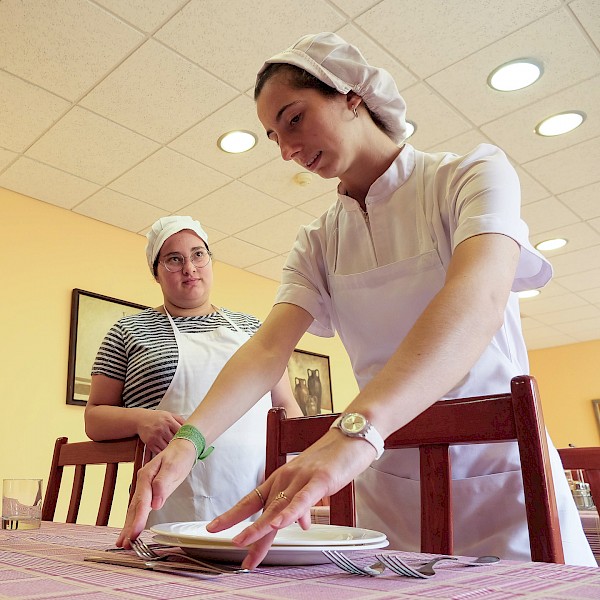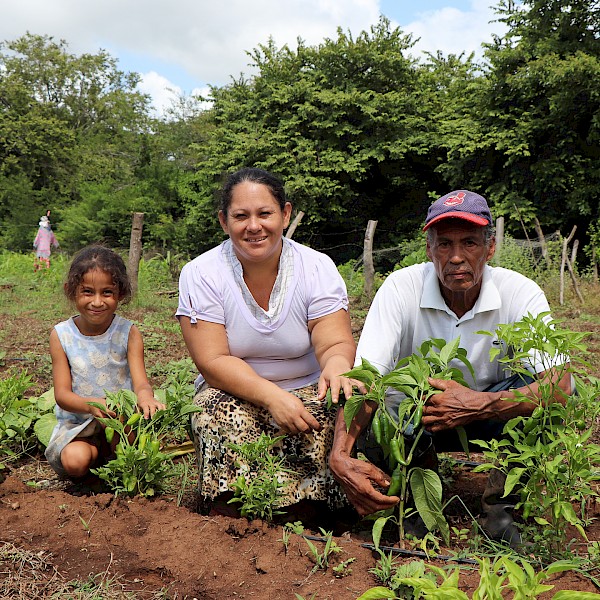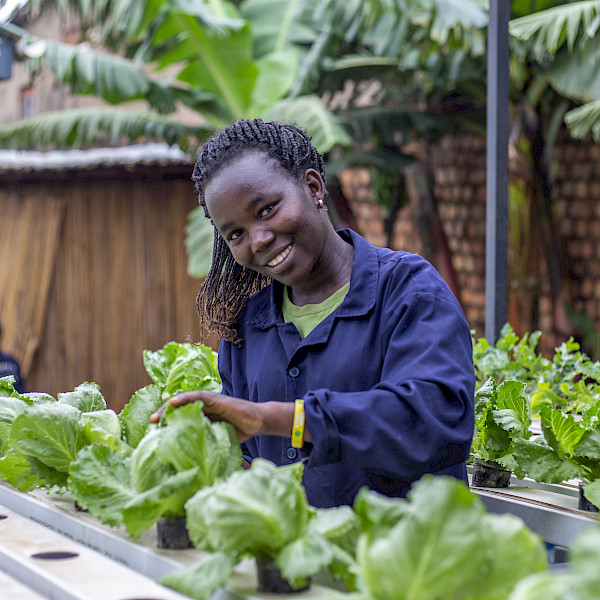Lebanon
Education for employment of Lebanese rural women through the Establishment of the Dual System in Hospitality

Duration
2023 – 2026

Budget
564 100 €

Beneficiaries
Women and youth
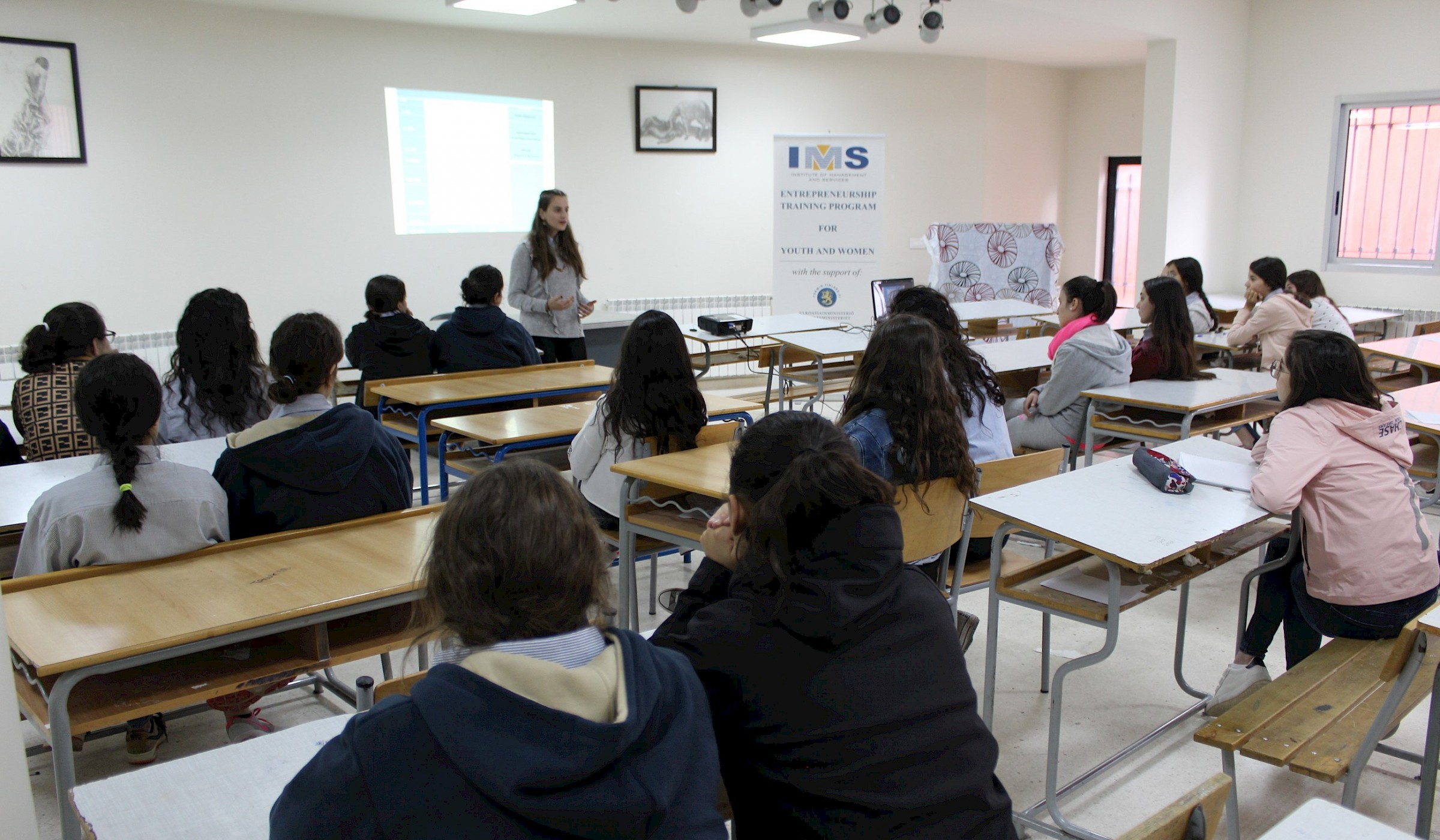



Introducing the Dual Model into the Lebanese Education System
This project between Inter-Cultur and IMS aims to provide decent work for women in the field of Hospitality by involving the private sector in the education process. By introducing the Dual model approach in Lebanese education, companies will be upgraded to include human rights in their operational standards and women will be trained for employment to offer qualified labour. This innovative methodology aims to reach a long-term approach to women's employability and the social responsibility of the private sector towards economic development.
This project aims to tackle the problem of lack of decent work for women in the field of hospitality. Rural women are a minority in Lebanon and have a vulnerable position in the working field due to the lack of a decent work environment, specifically in the hospitality field where there is a continuous job offer. In general, the Lebanese labor market is male-dominated. Men are economically more active than women in the potential workforce. Today, women's unemployment rate has increased significantly before the crisis. Thus, almost two-thirds of women are employed. The absence of women in the labor force of a country deteriorates the social fabric. This project aims to enhance women's status in society and help them to become a driving force for citizenship in Lebanon.
This project has been funded by the Ministry for Foreign Affairs of Finland.
Key Achievements and Outcomes:
- Improving the women's working conditions in Lebanon by giving training to companies on labor conditions and creating a network of 35 companies.
- Providing 115 young women with vocational education under the Dual system model.
- Supporting the work of IMS institutionally.
Countries
Bolivia
Home to the Andes mountains, Bolivia faces challenges such as poverty and environmental concerns, particularly among its indigenous populations. Our partnership with AYNI focuses on vocational training, literacy, and sustainable agriculture, aiming to empower marginalized communities and women.
Guatemala
In Guatemala, a country known for its rich indigenous heritage, we address the needs of women in disadvantaged situations through Fundación Junkabal. Our initiatives in vocational training and micro-entrepreneurship are designed to uplift women and advocate for human rights.
Kenya
Kenya's diverse landscape is the backdrop for our efforts to tackle poverty and unemployment in the country. Examples of our work include offering vocational education in Nairobi's slums through SET and Eastlands College of Technology, and improving the agricultural activities of rural women in Turkana County, both aiming to improve life quality and employment prospects with an integral formation model.
Lebanon
Lebanon, with its millennia-old heritage, navigates through profound economic crises and a significant refugee presence. In response, our partnership with PRODES and IMS is dedicated to empowering women through vocational training in hospitality, tourism, and gastronomy, equipping young women from rural areas for better prospects.
Nicaragua
Nicaragua, with its dramatic volcanic landscape, faces social unrest and economic difficulties. Our work with ANDECU supports women by investing in vocational training centers and micro-business resources, empowering them to improve their income levels and overcome challenges in their families and communities.
Uganda
Uganda, known for its diverse landscapes and rich cultural heritage, faces socio-economic disparities and gender inequality impacting vocational education access. Partnering with COWA, we provide women and youth with vocational training and technological empowerment to boost employment opportunities and economic independence, promoting gender equality and sustainable development.
